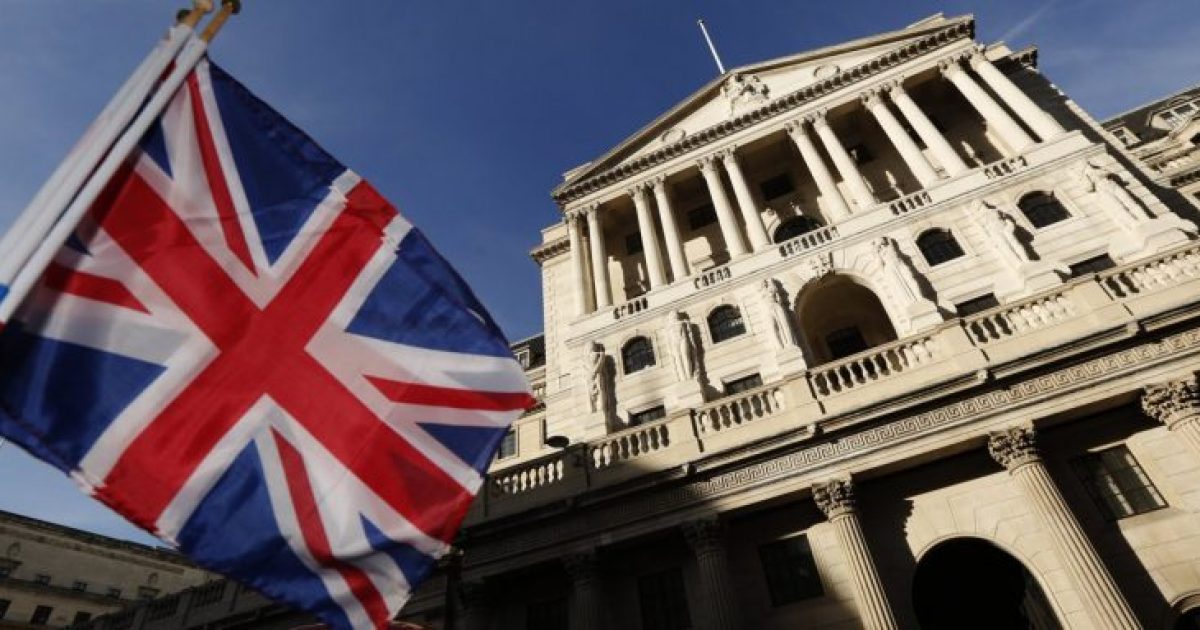The Bank of England looks set to raise interest rates this week for the fifth time since December 2021.
This is the fastest rate increase in 25 years and is likely to continue in the coming months, as inflation is expected to reach 10 percent.
At a time when the UK is projected to have the weakest economy in 2023 among the world’s largest and richest countries, investors and most economists are forecasting a quarter-rate rate hike from the Bank of England.
That would push the bank's rate to 1.25 percent, the highest level since January 2009, when the country's economy was hit by the global financial crisis.
Investors estimate that the Bank of England's Monetary Policy Committee will double the rate to 2 per cent by September, bringing it to 3 per cent by March next year.
Even some economists are raising their forecasts.
Sanjay Raja of Deutsche Bank said Friday that he now expects rates to peak at 2.5 percent, a change from the previous statement where the maximum was expected to be 1.75 percent, starting with a 0.25 percent increase this week.
But that did not stop inflation in the UK from hitting a nine-year high of 9 per cent in April, almost five times the Bank of England's 2 per cent target.
The Bank expects inflation to exceed 10 percent later in 2022, when new energy tariffs increase by 40 percent.
Consumers have already reduced their spending, while there are signs of a decline in activity in the real estate market.
There is also a risk of an escalation of post-BREXIT trade disputes between the UK and the European Union, which could also spur inflation.
/ Telegraphy /
